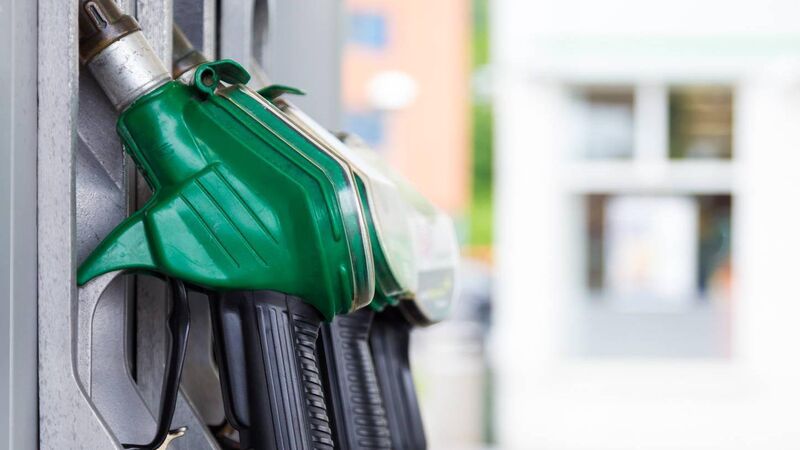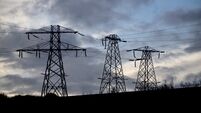Government under fire over soaring fuel prices

Public Expenditure Minister Michael McGrath said a price cap on fuel could lead to fuel shortages, queues at petrol stations, and cause more trouble for Ireland in the long run.
European “law may change” on fuel excise, Minister Eamon Ryan has said.
The reductions in excise duties on petrol and diesel announced on Wednesday morning do not go far enough, opposition parties have said, with further calls on the Government to cap the cost of fuel and home heating oil.













